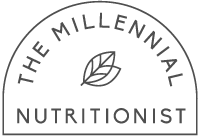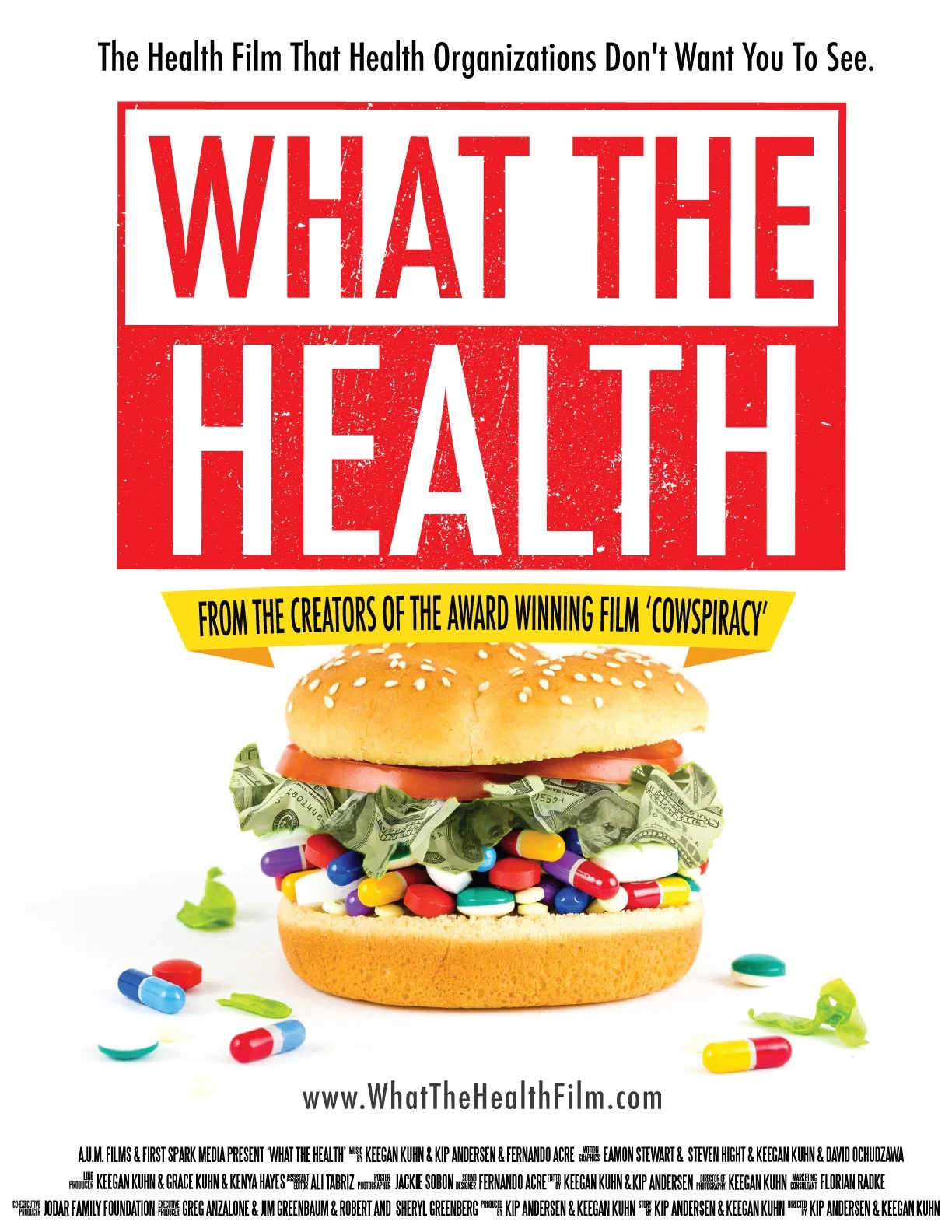What The Health Documentary Review | How Much Meat Should I Eat?
Written by Margaret (Maggie) Prosser, BS, CPT
Filmmaker Kip Andersen released a documentary called What The Health in 2017. He is known for producing similar fear-mongering documentaries like Cowspiracy and Seaspiracy. What The Health claims to examine the link between diet and disease and the billions of dollars at stake in the healthcare, pharmaceutical and food industries. Andersen goes down a rabbit hole trying to find answers and proving that a vegan diet is the answer to all chronic health problems. He pinpoints every negative aspect of the animal agriculture industry. Andersen holds a business degree from Cal Poly San Luis with no experience in the healthcare or nutrition industry. Check out our newest podcast with guest Maggie Prosser, Texas Christian University master’s student, NASM certified personal trainer, and Registered Dietitian to be as we reflect on What The Health.
Some key takeaways from this episode include:
The USDA recommends getting less than 10% of your calories from saturated fat and only 20% to 35% of calories from total fat. In a 2000 calorie diet, this equates to 200 calories or 22 grams of saturated fat per day.
We recommend eating a variety of protein sources throughout your week, including animal and plant sources.
Dietary cholesterol does not contribute to your total blood cholesterol levels. Saturated fat and alcohol can raise your total blood cholesterol levels.
Eating a vegan diet is not always the answer to chronic health problems. Vegan does not always mean healthy or sustainable.
Any macronutrient (carbohydrates, proteins, fats) in excess can be stored on your body as body fat. Dietary fat and adipose tissue (the storage form of fat) are not one in, one stored.
The relationship with red & processed meat & poor health is largely observational not causal. With a balanced, quality diet red and processed meats are not associated with colorectal cancer. Chronic diseases are difficult to pinpoint etiology with study results alone. A diet full of fruits, vegetables, whole grains, fiber, healthy fats, and red meat or “processed” meats (think: sliced turkey) is not the same as
For every 100 grams of red or processed meat (~4 oz or 1 serving) per day, you increase your risk of colorectal cancer by 12%. For every 10 grams of ethanol (1 standard drink serving) per day, you increase your risk of colorectal cancer by 7%. Although red and processed meat increases your risk more – alcohol is more readily consumed in excess of the serving size. Even if you had two drinks versus one serving of red or processed meat, you would be increasing your risk more (increase of 14% due to 2 standard drink servings).
News sources, social media, and documentaries can be deceiving by reporting cherry-picked outcomes from peer-reviewed articles that do not tell the whole story. It is common to make articles sound more promising by not reporting the limitations of the study. Be specific and careful about what media you consume.
The easiest way to find reliable resources on animal products is from land grant universities. (Think: Iowa State, Kansas State, Colorado State, etc.) These universities were started originally to address critical issues related to agriculture, food, the environment, and communities.
References & links mentioned
American Heart Association’s recommendation on saturated fat
Is there a correlation between dietary and blood cholesterol?
Dietary cholesterol and lack of evidence in cardiovascular disease
Position of the Academy of Nutrition and Dietetics on Vegan and Vegetarian Diets
Excess glucose is converted to fat, but fat cannot be converted to glucose
American Institute for Cancer Research’s (AICR) infographic on colorectal cancer risk
Why does food high in saturated fat lead to cardiovascular disease?
Position of the Academy of Nutrition and Dietetics on Dietary Fatty Acids
Connect with Maggie:
Email: Margaret.prosser@outlook.com
Connect with us!:
Join our Millennial Living Membership for healthy recipes, grocery lists, monthly challenges, and more! https://themillennialnutritionist.com/membership





